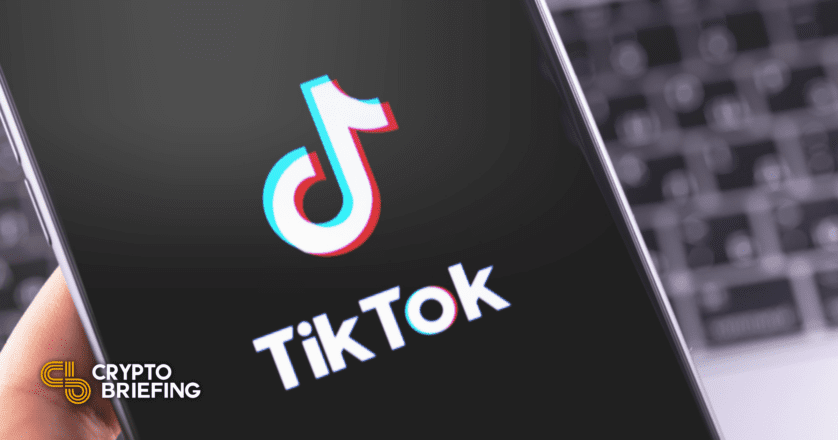Controversial legislative packages in the USA Joe Biden’s presidency threatens to derail after less than ten months
Joe has had Biden only has one mission left: to find a solution to the stalled economic reforms. Even in his own party he encounters resistance – which could seriously damage his presidency.
US President Joe Biden had at least one good news on Thursday. A shutdown at the beginning of the new fiscal year on October 1st was averted just in time. Shortly before most of the American government agencies ran out of money on Friday night, the Democrats started a process in Congress on Wednesday , which will continue the administration’s level of expenditure at least until December, which was closed on Thursday. With approval across party lines, the MPs voted for a transitional budget until December 3rd. A standstill of the ministries is thus at least temporarily averted.
But this little glimmer of hope for Biden cannot distract from the fact that the economic policy agenda of the head of state is facing enormous problems. His planned 3.5 trillion US dollar social package is not making progress, the non-partisan infrastructure law is on the verge of failure – and according to calculations by Treasury Secretary Janet Yellen, the USA the debt limit on October 18 and can no longer take out new loans. Just ten months after Biden moved into the White House, these crises could derail his presidency early.
The greatest danger comes from the debt ceiling. It must be increased regularly so that the US administration can pay the bills that come with its spending programs. If Congress does not increase the limit, Washington will no longer be able to meet its financial obligations. The country is threatened with bankruptcy – with catastrophic consequences for the American economy and the world financial system. In the US alone, six million jobs could be lost and $ 15 trillion in assets destroyed, according to a calculation by Moody’s Analytics. Jamie Dimon, the CEO of JP Morgan Chase , warns of a “disaster of unbelievable proportions”
US Treasury Secretary Janet Yellen warns of a historic financial crisis if the US debt ceiling is not raised. Meanwhile, the Republicans are blocking the increase. Is this more than a bluff?
Nevertheless, Congress is currently heading towards this scenario. And that’s also related to Biden’s planned legislative packages, although technically they have nothing to do with the debt ceiling. Mitch McConnell, the Senate minority leader, refuses to help the Democrats raise the credit limit while they are on Biden’s massive spending package work. Based on the Rules of Procedure of the Senate, the Republicans can take the measure in a regular legislative process To block. They did just that earlier this week when the Senate Democrats put an increase in the limit, combined with an extension of government funding, to the vote. On Wednesday, the House of Representatives also passed a single increase in the debt limit. This law is also likely to be blocked by the Republicans in the Senate.
McConnell urges Democrats to raise the debt ceiling through a special commission in the Rules of Procedure that would allow them to forego opposition cooperation. This commission, called Budget Reconcilliation, is also used by the Presidential Party to get its $ 3.5 trillion package past the Republicans through Congress. But the Democrats do not want to use the procedure for the debt limit. Because it is tedious, complicated – and makes the party politically vulnerable.
McConnell knows all of this. That is why he is doing everything he can to keep the members of the Republican faction on course. The fact that the Democrats under US President Donald Trump regularly agreed to increase the debt limit does not matter to him. The same goes for the fact that the limit has to be raised in order to fund programs that Congress has approved in the past. One example is the massive corporate and high-income tax cut that McConnell’s Republicans passed under Trump. The current spending plans of the Democrats, however, technically have nothing to do with the debt ceiling.
However, whether the plans will even become a reality is another question. For months, the Democrats have been working in parallel on two packages that are supposed to pour Joe Biden’s election promises into law: a classic infrastructure program that pumps billions into the modernization of American roads, railways and airports, and a second set of measures that will massively improve the social network of the USA to be expanded. Among other things, it provides for investments in childcare and training programs, better health care, investments in green energy and tax cuts for families – counter-financed, among other things, by higher taxes for higher earners.
The social reforms do not come from the court
Biden’s problem: Not all of his party friends carry both packages with them. The classic infrastructure law, negotiated with the opposition and passed in the Senate with the votes of the Democrats and numerous Republicans, does not go far enough for the left wing of the presidential party. The second package is too expensive for moderate Democrats. In order to get both laws through Congress anyway, they were therefore unofficially linked. The House of Representatives will only approve the infrastructure package if the social package is on the right track, said Nancy Pelosi, spokeswoman for the House of Representatives, in the summer. But since then the party has been stuck.
Because the social reforms are not getting anywhere. Two moderate senators, Kyrsten Sinema from Arizona and Joe Manchin from West Virginia, do not want to approve the package in its current size and are in favor of postponing it. Manchin reiterated this position recently after meeting with Biden. A group of moderate Democrats in the House of Representatives also pressed Pelosi from the assurance that the infrastructure package would be put to a vote by the end of September. This was supposed to happen this Thursday and was postponed to Friday in the evening. The decision is delayed because the disagreements in the ranks of the Democrats are apparently still too great.
Because the progressives within the party see the move as a breach of the agreement to pass both laws together and have announced that they will vote against the bill.
Given the narrow majorities in both chambers of congress, that would be enough to break the deal. Stephanie Murphy, MP from Florida and part of the centrists, called this scenario in advance a “breach of trust”. Meanwhile, Bernie Sanders, one of the most influential left wing voices, hopes it will turn out that way. A defeat in the House of Representatives would increase the pressure on the moderates to seriously deal with the welfare package, he said.
The less bad evil
Pelosi and Biden are taking a high risk. Failure of the Infrastructure Act would be a disaster for the administration. After all, the president had used a lot of political capital to negotiate the non-partisan compromise. At the same time, a defeat would mean the temporary end of the social package as well. It remains to be seen whether the Democrats could recover from this defeat. Biden’s economic agenda might have failed.
That is why the President spent the past few days negotiating with his party friends to find a solution. He met with Manchin several times and sent allies to the Capitol to force an agreement. He canceled a planned trip to Chicago to hold talks. At the same time, Pelosi increased the pressure on numerous MPs. The hope: A fundamental framework agreement with the centrists on the social package could prevent the progressives from bringing the infrastructure law to fall.
© Handelsblatt GmbH – Alle Rechte vorbehalten. Nutzungsrechte erwerben?
Note: This article have been indexed to our site. We do not claim ownership or copyright of any of the content above. To see the article at original source Click Here














